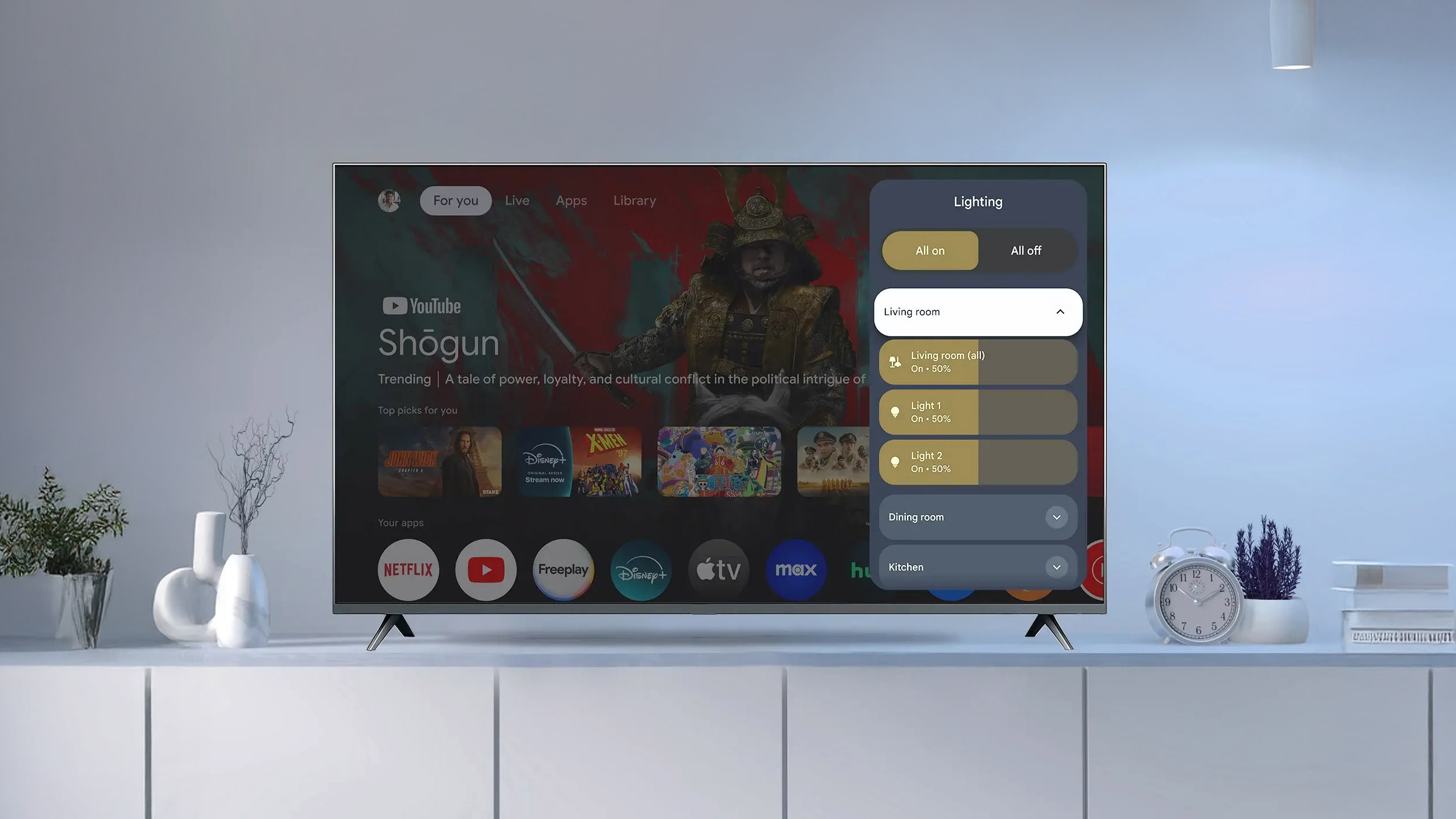Microsoft study reveals the 40 jobs AI is most likely to impact — and 40 that are safe (for now)
These are the jobs that will be most affected by AI — is yours on the list?

A newly released Microsoft Research study has ranked 40 occupations it believes are most at risk from advanced AI tools, including writing and journalism roles, customer support and data analysis.
At the same time, the study identifies 40 jobs with minimal AI exposure, particularly those that require a physical presence or hands-on interaction.
While the list highlights which roles have the most overlap with current AI capabilities, the researchers caution against assuming these jobs will be replaced or automated. “It is tempting to conclude that occupations with high overlap will experience job loss,” they write in the study. “This would be a mistake, as our data do not include the downstream business impacts of new technology, which are very hard to predict.”
In fact, they compare the situation to ATMs: while the machines automated a key part of the bank teller role, teller jobs actually increased, as the tech reduced costs and allowed humans to focus on customer relationships.
Here’s what it means for workers and industries in 2025.
What the study reveals

Microsoft’s analysis introduces an “AI applicability score,” which is a metric designed to assess how aligned job tasks are with current AI capabilities like Copilot and ChatGPT.
Specifically, it measures how frequently AI tools are already used in those roles.
Get instant access to breaking news, the hottest reviews, great deals and helpful tips.
Topping the list are customer service representatives, who account for nearly 2.86 million workers.
Other highly vulnerable roles include writers, authors, journalists, editors, translators, interpreters and proofreaders.
The list also features sales and PR professionals, web developers, data scientists, and business analysts; all roles where AI tools like ChatGPT and Copilot are already being used to streamline tasks and boost efficiency, raising questions about long-term job security.
Microsoft emphasizes that the study illustrates how AI can assist or enhance these roles, but critics note that automation may translate into outright job cuts, especially as companies look to streamline headcount.
“Our study explores which job categories can productively use AI chatbots,” said Kiran Tomlinson, Senior Researcher at Microsoft. “It highlights where AI might change how work is done, not take away or replace jobs.”
Jobs "at risk" according to the study

- Customer Service Representatives
- Sales Representatives of Services
- Market Research Analysts
- Management Analysts
- Data Scientists
- Public Relations Specialists
- Technical Writers
- Editors
- Writers and Authors
- News Analysts / Reporters / Journalists
- Interpreters and Translators
- Proofreaders and Copy Markers
- Web Developers
- Public Safety Telecommunicators
- Business Teachers, Postsecondary
- Economics Teachers, Postsecondary
- Library Science Teachers, Postsecondary
- Political Scientists
- Historians
- Mathematicians
- Statistical Assistants
- Demonstrators & Product Promoters
- Models
- Hosts and Hostesses
- Concierges
- Advertising Sales Agents
- New Accounts Clerks
- Counter and Rental Clerks
- Telephone Operators
- Ticket Agents and Travel Clerks
- Broadcast Announcers & Radio DJs
- Brokerage Clerks
- Farm & Home Management Educators
- Telemarketers
- Personal Financial Advisors
- Interpreters / Translators (duplicate reference in original)
40 jobs considered safer from AI disruption

Skills rooted in physical labor or requiring human touch are currently less automatable.
The least affected roles include manual labor and infrastructure operation (e.g., dredge operators, paving crews, roofers). Healthcare support like nursing assistants, surgical aides, phlebotomists and massage therapists.
Additionally, certain skilled trades and facility management roles are considered far less vulnerable to AI disruption.
These jobs typically require hands-on work or physical presence, tasks that current AI tools are not well-equipped to replicate.
The overall message is essentially: if your job involves manual labor, in-person interaction or physical precision, it’s likely to remain safer from automation, at least for now.
- Automotive Glass Installers and Repairers
- Bridge and Lock Tenders
- Cement Masons and Concrete Finishers
- Cleaners of Vehicles and Equipment
- Commercial Divers
- Construction Laborers
- Continuous Mining Machine Operators
- Cooks, Short Order
- Derrick Operators, Oil and Gas
- Dishwashers
- Dredge Operators
- Drywall and Ceiling Tile Installers
- Earth Drillers, Except Oil and Gas
- Excavating and Loading Machine and Dragline Operators
- Fallers (logging)
- Fence Erectors
- Floor Sanders and Finishers
- Food Cooking Machine Operators and Tenders
- Forest and Conservation Workers
- Graders and Sorters, Agricultural Products
- Highway Maintenance Workers
- Insulation Workers, Mechanical
- Janitors and Cleaners
- Landscaping and Groundskeeping Workers
- Logging Equipment Operators
- Mine Cutting and Channeling Machine Operators
- Oil and Gas Rotary Drill Operators
- Packaging and Filling Machine Operators and Tenders
- Painters, Construction and Maintenance
- Parking Lot Attendants
- Paving, Surfacing, and Tamping Equipment Operators
- Pest Control Workers
- Phlebotomists
- Plasterers and Stucco Masons
- Pourers and Casters, Metal
- Refuse and Recyclable Material Collectors
- Roofers
- Roustabouts, Oil and Gas
- Structural Iron and Steel Workers
- Tire Repairers and Changers
What this means for workers and industries

Tech industry leaders like OpenAI CEO Sam Altman have warned that entire job categories, especially in customer service, may disappear as AI becomes more capable.
Anthropic's CEO, Dario Amodei, warned that AI could eliminate up to 50% of entry-level white‑collar jobs within the next five years, potentially pushing unemployment rates as high as 10–20%, unless government and industry take proactive steps to prepare.
Office-based roles such as journalists, customer service representatives and data analysts are under increasing pressure as AI tools become more deeply integrated into daily workflows.
AI reduces demand for easily automated tasks like routine text review has also increased the need for complementary human skills such as digital literacy, teamwork and ethical decision-making.
In contrast, hands-on professions remain more resilient for now, though experts warn that robotics and automation could eventually reshape those fields as well.
What you can do

Suppose your job appears on the AI-vulnerable list. In that case, it’s a good time to evaluate your skill risk and consider upskilling, particularly in areas where human judgment and creativity still matter.
Developing complementary skills like critical thinking, communication, ethical reasoning, and AI oversight can help you stay competitive as automation accelerates.
While AI won’t fully replace many roles, they’re likely to evolve into hybrid workflows that combine human expertise with machine efficiency, making adaptability a key asset for the future.
Final thoughts
Microsoft’s study reveals where the pressure is mounting. As AI tools like Copilot become more capable, organizations may push to replace or reallocate roles traditionally handled by humans.
Yet, remember, not all change is bad. With proactive upskilling and a strategic shift toward hybrid human-AI workflows, many careers may pivot rather than vanish completely, as generative AI itself evolves.
Follow Tom's Guide on Google News to get our up-to-date news, how-tos, and reviews in your feeds. Make sure to click the Follow button.
More from Tom's Guide
- I put ChatGPT Study Mode to the test with 7 prompts — here's my grade
- AI Mode in Google Search now handles PDFs, images and more — here's what's new
- NotebookLM is getting a big upgrade — here’s what you can do with video overviews and smart sharing

Amanda Caswell is an award-winning journalist, bestselling YA author, and one of today’s leading voices in AI and technology. A celebrated contributor to various news outlets, her sharp insights and relatable storytelling have earned her a loyal readership. Amanda’s work has been recognized with prestigious honors, including outstanding contribution to media.
Known for her ability to bring clarity to even the most complex topics, Amanda seamlessly blends innovation and creativity, inspiring readers to embrace the power of AI and emerging technologies. As a certified prompt engineer, she continues to push the boundaries of how humans and AI can work together.
Beyond her journalism career, Amanda is a long-distance runner and mom of three. She lives in New Jersey.
You must confirm your public display name before commenting
Please logout and then login again, you will then be prompted to enter your display name.
 Club Benefits
Club Benefits















